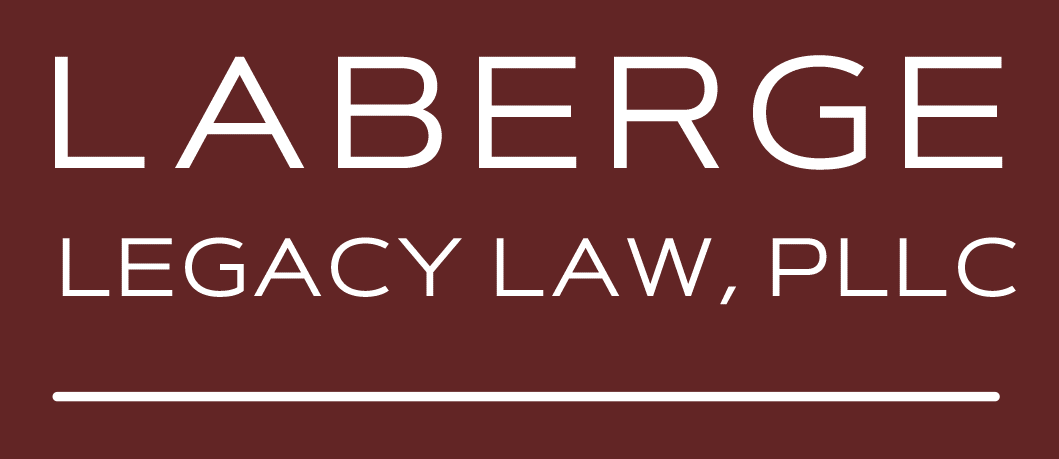CLIENT LOGIN
×
Estate Planning
Write your caption hereButton
Retirement Planning
Write your caption hereButton
Business Law
Write your caption hereButton
Business Planning
Write your caption hereButton
Real Estate Law
Write your caption hereButton
Land Use and Conservation Planning
Write your caption hereButton
Financial Services Law
Write your caption hereButton
When you are dealing with any type of legal matter, you are best served with a qualified and trustworthy attorney on your side. While the law is often complex, the mission of LaBerge Legacy Law is simple: to provide exceptional legal services, counsel and advocacy to clients throughout the Twin Cities and greater Minnesota.*
Our services include:
Estate Planning & Administration
LaBerge Legacy Law handles virtually every aspect of estate planning, from the creation of standard wills and trusts to complex estate plans involving various asset protection tools. We can help you develop and implement a customized estate plan designed to achieve your objectives.
Closely held and family businesses face a variety of challenges which often require legal advice and documentation of all kinds. LaBerge Legacy Law can help you in all stages of your business – from formation or purchase to sale, and for all legal matters in between.
Whether you are selling or buying a home or other real estate, or preparing to lease property, consulting a qualified attorney is always recommended. With our help, whatever transaction you execute will be thoughtfully and thoroughly reviewed and drafted to achieve your objectives.
Our firm understands the complex laws which apply in financial services. We represent consumers, advisers, and financial services companies.
*Services provided to residents of other states as permitted by the laws of such states
If you are in need of legal advice or representation, please contact our office today.
ARTICLES
ADDRESS
1100 IDS Center
80 South 8th Street
Minneapolis, MN 55402
PHONE
LaBerge Legacy Law, PLLC





